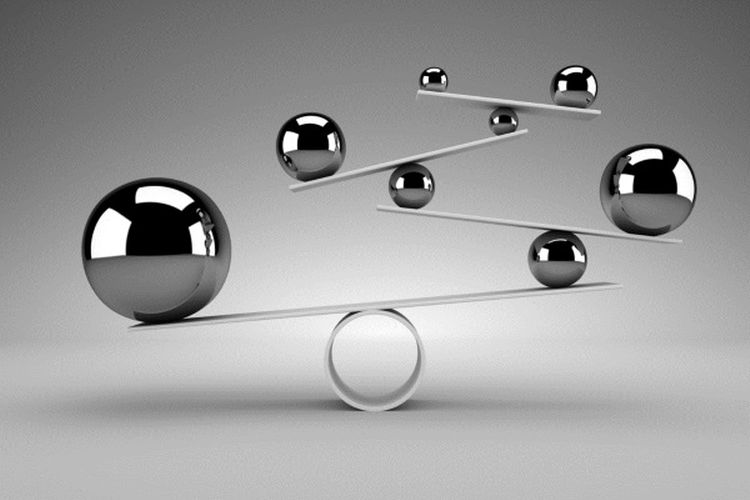Shaking up the Idea of Balance

In today’s fast-paced world, there’s a lot of talk about finding balance in life. For myself, it can feel like there’s immense pressure to maintain perfect balance every moment of every day, and if I don’t, it often feels like I’m failing. This perceived failure can lead to even more imbalance as we scramble to fix things, much like the chaotic factory line scene in the classic “I Love Lucy” episode.
The idea of maintaining constant balance is based on the theory that we should allocate specific hours to work, family, personal improvement, and rest. In theory, this balance should be maintained daily, or at least weekly. However, life doesn’t always cooperate with this ideal. Unexpected events can quickly throw us off balance, leading to panic as we try to restore equilibrium.
Life, much like traffic and weather, happens in waves and seasons. Significant personal events, such as getting married, having a child, or losing a loved one, are inherently disruptive and can upset the balance in our lives. Similarly, work events like launching a big project, receiving a promotion, or introducing a new product line can have similar effects.
What if we gave up on the idea of trying to constantly have everything in balance and gave ourselves permission to be imbalanced, at least for periods of time? What if when we have a personal event, we go to our co-workers and boss, let them know, and work out reasonable expectations of what we can deliver. Similarly, when work has a surge of demand, we can go to our friends and family and work out reasonable expectations of our availability for that period of time.
I’m not talking about completely giving up the idea of balance, but rather looking at balance over a larger period of time. In our business, I do something similar with our financials. When I look at monthly reports, there can be significant swings. It can be dangerous to overreact to these swings. I find that the more significant reports are our quarterly reports as they tend to smooth out the swings and give a more accurate picture of what is going on. Even that can be problematic if we have something going on that has a longer-term pay-out or something like that. This principle is true in many other areas as well.
In the IT industry, where rapid changes and high demands are the norm, finding balance can be particularly challenging. The key is to recognize that balance doesn’t mean always maintaining a perfect equilibrium. Instead, it’s about being adaptable and resilient, understanding that some periods will require more focus on work, while others may allow for more personal time.
By embracing this flexible approach to balance, we can navigate the waves and seasons of life more effectively. It’s important to set realistic expectations and give ourselves grace during times of upheaval. Remember, balance is not a static state but a dynamic process that requires continuous adjustment.
Ultimately, finding balance in the IT world means being mindful of our priorities, staying adaptable, and recognizing that it’s okay to shift our focus as needed. By doing so, we can maintain our well-being and continue to thrive both personally and professionally.
How do you think finding balance might impact your life, work, productivity and mental health if you shifted your focus on balance to a larger picture of time?
